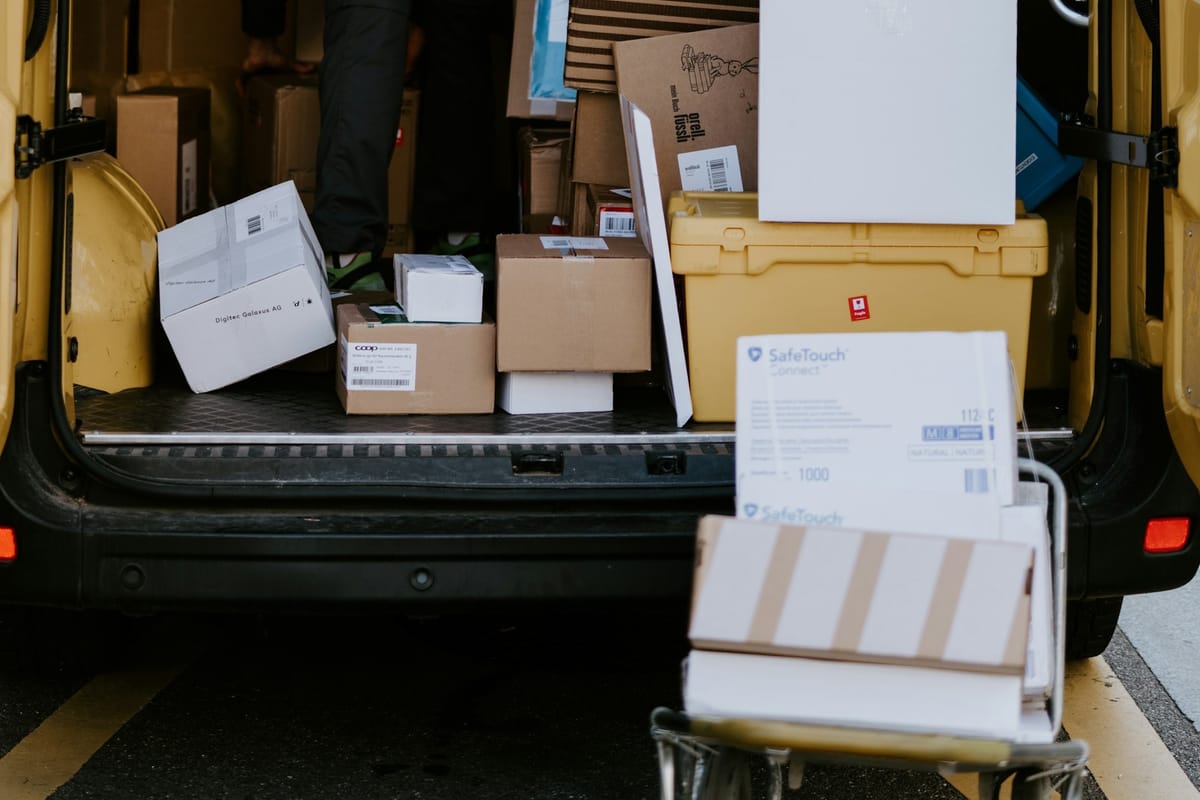The Price of Free: How Invisible Costs Shape the Digital Economy
“Free returns”, “free trials”, “zero‑interest payments”; the web is built on frictionless promises. Yet every convenience carries a bill that someone, somewhere, eventually pays.

The seductive zero
Type “free returns” into a search engine and you summon a decade of marketing triumphs: fashion giants promising cost‑less send‑backs; streaming platforms dangling thirty‑day trials; Buy Now Pay Later buttons declaring zero interest, zero hassle. Behavioural economists call it the zero‑price effect: once a figure drops to nothing, reason gives way to reflex. For retailers chasing market share, underwriting that thrill was once cheap, financed by venture money and plentiful credit.
But the bill is landing. Zara’s quiet decision to impose a £1.95 online‑return fee in the UK in 2023 signalled a turning tide—what had been a customer‑trust perk became a cost centre too large to hide. Reddit, meanwhile, sparked a platform‑wide blackout by slapping steep prices on API calls that third‑party developers had enjoyed gratis for years. Free, it turns out, was a loss‑leader, not a law of nature; once the subsidy ends, a reckoning begins.
The hidden bill comes due
Every promise of zero merely shifts the cost elsewhere—to balance‑sheets, to the planet, or to consumers’ future selves. Reverse logistics offers a stark account. Processing a clothing return now averages £13 for UK retailers, wiping out margins on fast‑fashion items (https://www.retaileconomics.co.uk/library-returned-goods-report). It is often cheaper to bin the garment than restock it, which helps explain why over 50 % of returned apparel ends up in landfill or incineration (https://www.bbc.com/future/article/20220705-the-shocking-impact-of-returning-online-purchases). The shopper pays nothing at checkout; the environment pays later.
Subscriptions tell a parallel story. The average Brit spends £58 a month on digital and household subscriptions, and a quarter confess they cannot list everything they pay for. Frictionless sign‑ups married to forgettable renewal dates create what behavioural scientists call payment‑stream blindness. People underestimate their total commitments, then wonder why disposable income vanishes.
Even “interest‑free” BNPL schemes harbour deferred pain. A 2024 Financial Conduct Authority survey found that 25 % of users struggled with repayments, while half misunderstood penalty structures. Costs hidden in tomorrow are still costs; they simply mature like unmarked debts.
From free to fair — rebuilding trust
Capital is no longer free, carbon budgets are finite, and patience for opaque monetisation is wearing thin. Brands that once traded on giveaways now discover that transparency, not largesse, is the stronger currency. That shift demands design choices that surface real prices before impulse strikes. Imagine checkout flows that preview the true carbon and financial cost of a return; subscription dashboards that flag dormant services; BNPL panes that display not just instalments but the total liability if payments slip.
Early signals are promising. Several European retailers now offer “keep‑and‑credit” options—partial refunds without a return—cutting waste and shipping miles. Fintech apps embed subscription‑hygiene tools that ping users when recurring outgoings climb beyond a self‑set threshold, reinstating the mild friction that prompts reflection. These tweaks do not kill convenience; they rebalance the ledger between delight and disclosure.
The digital economy’s greatest trick was convincing us free existed. As the age of costless‑everything recedes, the real question is not how to resurrect it, but how to craft transactions where everyone sees—and consents to—the price. Done well, the post‑free era may prove healthier: fewer impulse parcels on diesel‑hungry round‑trips, fewer forgotten trials draining bank accounts, fewer communities blindsided by sudden API tolls. The alternative is cynicism, a slow erosion of trust each time “free” mutates into a fee.
Commerce, like physics, forbids something for nothing. We can cling to the fiction and watch goodwill seep away, or price value honestly and let convenience stand on grown‑up terms. There is no such thing as a free return; there is only a return someone else is paying for.


